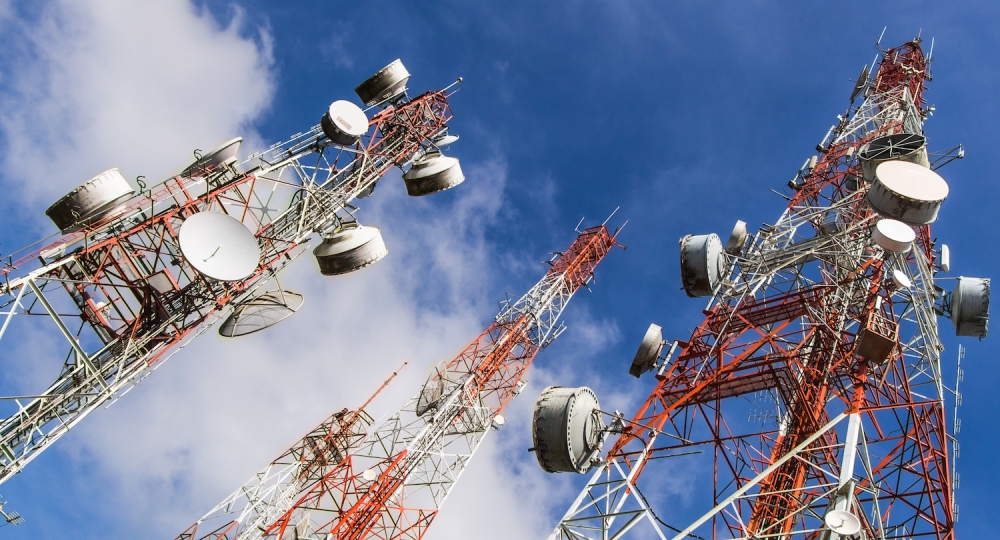The Nigerian Communications Commission (NCC), today released a document containing guidelines on colocation and infrastructure sharing among Access Providers and Access Seekers in the Nigerian telecommunications space.
In the document, which is uploaded on its official website, the Commission noted that the guidelines were developed to promote fair competition in the communications industry, encourage and promote infrastructure sharing among its licensees.
“These Guidelines proceed from a premise that all Access Providers and Access Seekers have the liberty to negotiate arrangements in accordance with mutually agreed terms. These Guidelines are designed and developed to encourage colocation and infrastructure sharing between Access Providers and Access Seekers within a predetermined framework to remove uncertainty and create an environment for better co-operation,” it said.
According to the telecom regulator, the objectives of the guidelines are primarily to establish a framework within which Access Providers and Access Seekers can negotiate colocation and infrastructure sharing arrangements, and for that purpose, specifically to ensure that the incidence of unnecessary duplication of infrastructure is minimized or completely avoided.
NCC believes that colocation and infrastructure sharing will protect the environment by reducing the proliferation of infrastructure and facilities installations; promote fair competition through equal access being granted to the installations and facilities of operators on mutually agreed terms; ensure that the economic advantages derivable from the sharing of facilities are harnessed for the overall benefit of all telecommunications stakeholders.
Other objectives, according to the regulator is to minimize capital expenditure on supporting infrastructures and to free more funds for investment in core network equipment. This, the Commission stated will encourage Access Providers and Access Seekers to pursue a cost-oriented policy with the added effect of a reduction in the tariffs chargeable to consumers.
Meanwhile, the Commission has divided infrastructure amenable to sharing in the telecom sector into Passive and Active infrastructure. According to the Commission, Passive Infrastructure are Rights of Way, Masts, Poles, Antenna mast and tower structures, Ducts, Trenches, Space in buildings and Electric power sources.
Active Infrastructure are Complete network structures, Switching centers, Frequencies, Radio Network controllers and Base stations.

